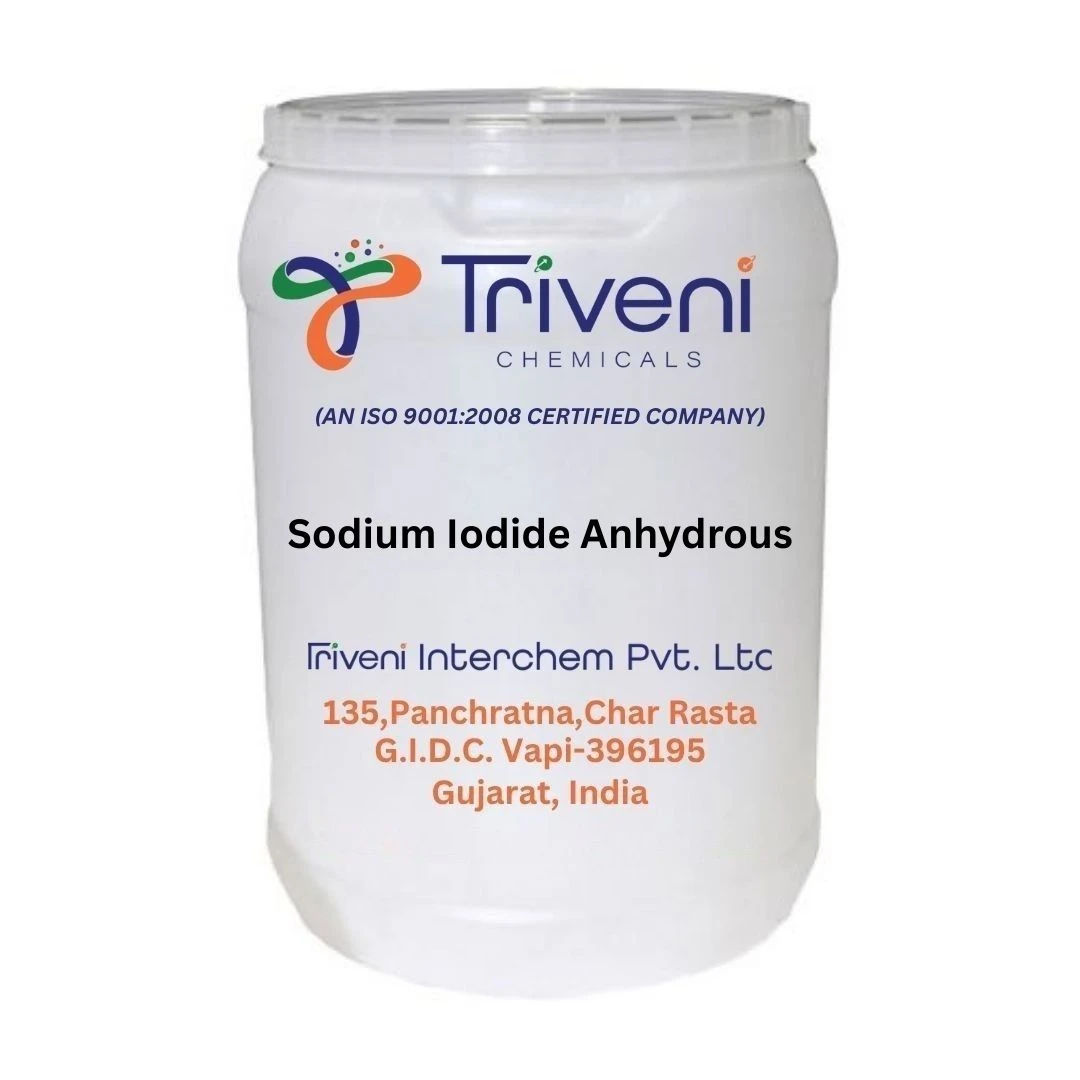When the body does not get enough of the vital nutrients it needs to perform at its best, nutritional deficiencies arise. These deficits can take many different forms and have serious health consequences. The following are a few typical dietary deficiencies: Iron deficiency: Hemoglobin, the protein that delivers oxygen in the blood, is made possible only by iron. Anemia, which can result from iron deficiency, can cause weakness, exhaustion, pale complexion, and dyspnea. Vitamin D deficiency: Immunity, emotional control, and bone health all depend on vitamin D. Deficiency can lead to weariness, weakening of the muscles, weakened bones (osteoporosis), and an increased risk of infection. Vitamin B12 Deficiency: Red blood cell formation, DNA synthesis, and brain function are all impacted by vitamin B12. Anemia, exhaustion, weakness, tingling or numbness in the hands and feet, and cognitive problems can all result from deficiencies. Calcium Deficiency: Healthy bones and teeth, muscle contraction, and nerve transmission all depend on calcium. Insufficient consumption may result in tooth issues, weak bones, cramping in the muscles, and osteoporosis. Iodine deficiency: Thyroid hormone production, which controls metabolism, depends on iodine. Goiter, or thyroid gland enlargement, hypothyroidism, exhaustion, weight gain, and cognitive decline can all result from deficiencies. Deficiency in Vitamin A: Vitamin A is necessary for healthy skin, immune system, and vision. Deficiency can cause night blindness, dry skin, heightened infection susceptibility, and stunted growth in kids. Magnesium deficiency: The body uses magnesium for over 300 biochemical processes, including the maintenance of bones, muscles, and nerves as well as the synthesis of energy. Deficiency can result in weakness, weariness, cramping in the muscles, and irregular pulse. Zinc Deficiency: Zinc is necessary for DNA synthesis, wound healing, and immune system function. Deficiency can cause hair loss, appetite loss, delayed wound healing, and compromised immune system performance. Vitamin C deficiency: Vitamin C is an antioxidant that is necessary for collagen synthesis, wound healing, and immune system operation. Scurvy, which is characterized by weariness, swollen and bleeding gums, joint pain, and poor wound healing, can result from deficiency. Deficiency in Folate: Folate, or vitamin B9, is necessary for cell development and DNA synthesis. If a pregnant woman is deficient, it can result in anemia, weakness, exhaustion, stunted growth in offspring, and neural tube problems in the unborn kid. It is important to note that dietary modifications, supplementation, or medical intervention can often avoid or rectify these deficiencies, highlighting the significance of a varied and balanced diet for general health and wellbeing.


